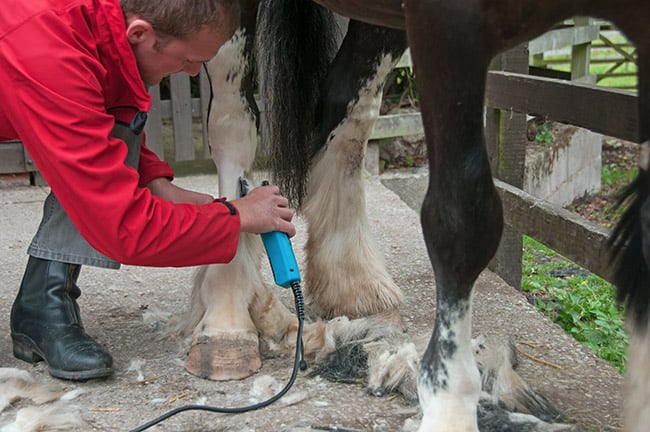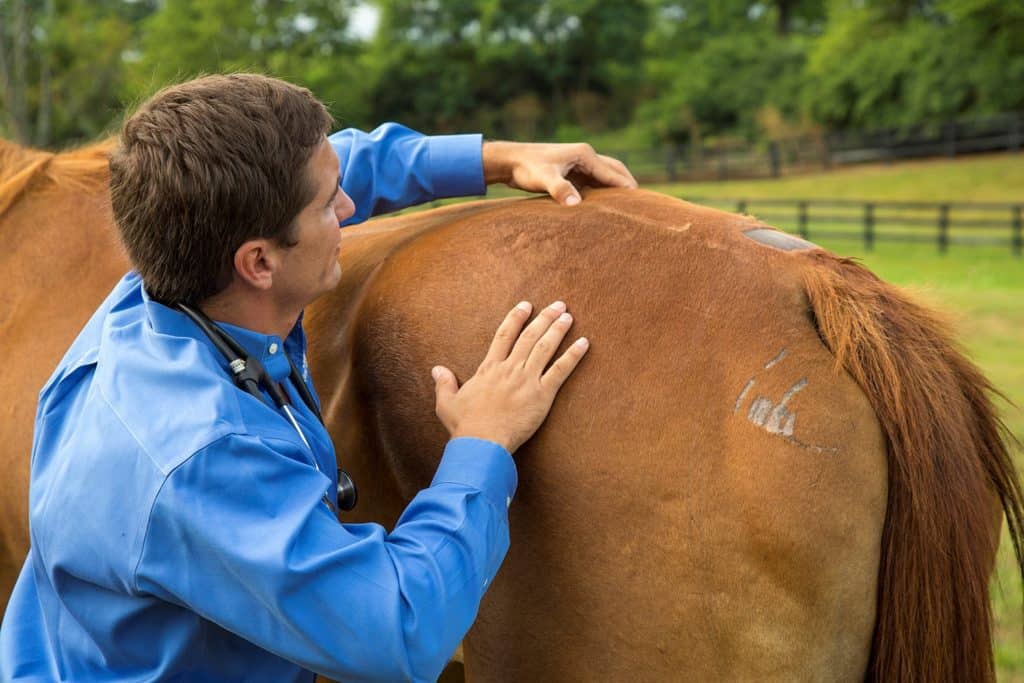Backing Problems: Common Causes and Fixes for Your Horse

Backing problems in horses can be a significant challenge for riders and trainers alike. Understanding the root causes and effective solutions is essential for improving your horse’s comfort, performance, and trust. This article explores the common causes of backing problems and offers practical fixes to help you and your horse move forward confidently.
What Are Backing Problems?

Backing problems refer to any resistance or difficulty a horse exhibits when asked to move backward. This can range from mild hesitation to outright refusal or dangerous behaviors such as rearing or bucking.
Common Causes of Backing Problems
| Cause | Description | Signs to Watch For |
|---|---|---|
| Pain or Discomfort | Physical pain from injuries, ill-fitting tack, or dental issues can cause resistance. | Reluctance to move backward, pinning ears, tail swishing |
| Fear or Anxiety | Negative past experiences or lack of training can make backing stressful. | Tense body, wide eyes, sweating |
| Lack of Training | Insufficient or inconsistent training can lead to confusion or resistance. | Hesitation, ignoring cues |
| Rider Error | Incorrect aids or inconsistent signals from the rider can confuse the horse. | Mixed signals, inconsistent pressure |
| Physical Limitations | Conditions like arthritis or muscle stiffness can make backing painful. | Stiff movements, reluctance to bend |
Fixes and Training Tips
1. Check for Pain or Discomfort
- Have a veterinarian examine your horse for injuries or dental problems.
- Ensure tack fits properly; consider a professional saddle fitting.
2. Build Trust and Confidence
- Use positive reinforcement techniques.
- Start with small, manageable backing exercises.
3. Consistent Training
- Establish clear, consistent cues for backing.
- Practice regularly in a calm environment.
4. Improve Rider Skills
- Work with a trainer to refine your aids.
- Be patient and clear with your signals.
5. Address Physical Limitations
- Consult a vet or equine physiotherapist.
- Incorporate appropriate warm-up and cool-down routines.
Sample Backing Training Routine
| Step | Description | Duration |
|---|---|---|
| Warm-up | Gentle walking and stretching | 10 minutes |
| Cue Introduction | Apply gentle pressure on reins or legs | 5 minutes |
| Backing Attempts | Encourage small backward steps, reward effort | 10 minutes |
| Cool-down | Walk forward calmly to relax muscles | 5 minutes |
Frequently Asked Questions (FAQ)
Q1: How long does it take to fix backing problems?
A: The timeline varies depending on the cause and the horse’s temperament. Consistent training and addressing underlying issues can lead to improvement within weeks to months.
Q2: Can pain always be detected easily?
A: Not always. Some horses hide pain well, so professional veterinary assessment is crucial if pain is suspected.
Q3: What if my horse refuses to back despite training?
A: Reevaluate for pain or fear issues, and consider consulting a professional trainer or behaviorist.
By understanding the causes and applying these fixes, you can help your horse overcome backing problems and build a stronger partnership. Remember, patience and consistency are key to success.
